Last Updated .
A lot of anti-sleep trainers out there talk in depth about cortisol in relation to crying babies. The basic idea is that crying is stressful for babies, so their brains will flood their bodies with cortisol – the stress hormone – which causes long-term damage to the brain itself, plus a number of other issues. Is this true? Are crying and cortisol detrimental to my baby’s health? And if yes, does that mean sleep training isn’t safe for my baby? Read on to learn the truth.
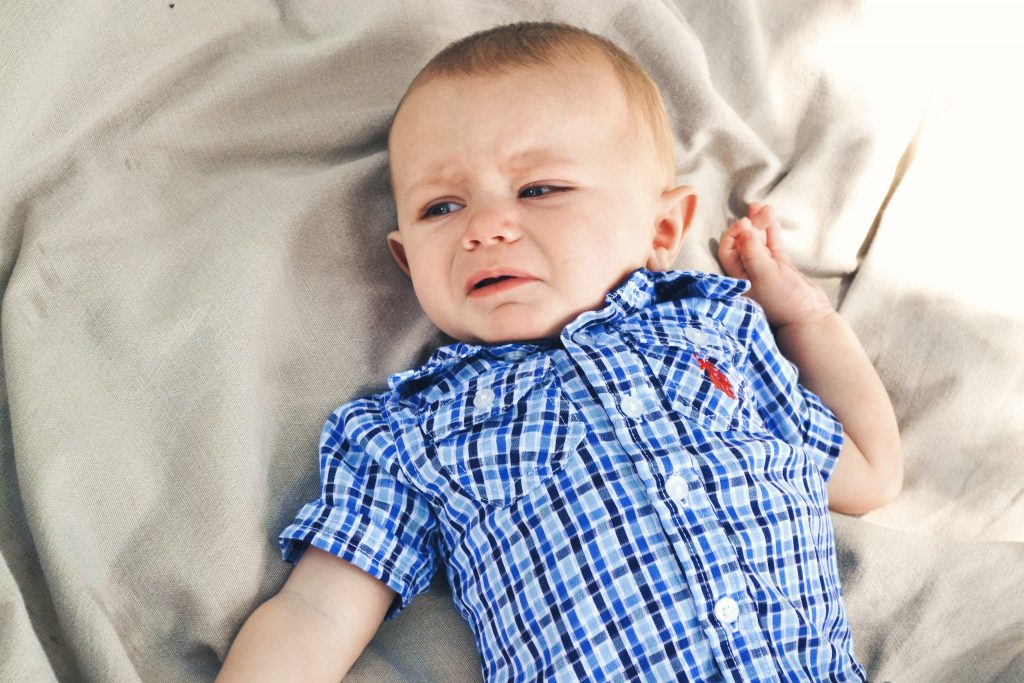
Photo Credit: Shelbey Miller
Dr. Schore
When I was a first time mother, this cortisol thing scared the crap out of me. Forget sleep training – I was terrified that my baby was getting flooded with cortisol all the other times she cried during the day, and that was a lot!
An article on Babble.com states the following, “Dr. Allan Schore is often cited as showing that stress hormones like cortisol, released during intense crying, damage nerve cells in the brain, leading to unhealthy attachments and psychological disorders. He demonstrates that a repeated pattern of unmet needs disrupts a child’s stress-regulating systems and can alter the way her limbic structures process emotion.”
Petrifying, right?
This Schore dude is telling me that if my baby is crying intensely, their little body will release cortisol, and then they could have brain damage. BRAIN DAMAGE.
***BRAIN DAMAGE***
Now, I’m not a doctor, but I’ve known lots of babies, and especially lots of babies that cry a lot. I don’t think I know any that have suffered brain damage. So, I dug a little deeper into this study that those anti-cry-it-out folks like to tout as the reason you shouldn’t use crying as a tool *ever* to help your baby or toddler learn to sleep. It turns out that, “the claims of brain, personality, and attachment damage come from research conducted with grossly neglected children (some studies use data from Child Protective Services cases).” Source
So the study people use to tell me that I’m damaging my kids by letting them cry is based on data pulled from CPS.
Riiiight.
New York Magazine
Can we take a step back now and talk about what sleep deprivation does to infants, toddlers, and kids? An article in New York magazine notes that, “The surprise is how much sleep affects academic performance and emotional stability, as well as phenomena that we assumed to be entirely unrelated, such as the international obesity epidemic and the rise of Attention Deficit Hyperactivity Disorder. A few scientists theorize that sleep problems during formative years can cause permanent changes in a child’s brain structure: damage that one can’t sleep off like a hangover. It’s even possible that many of the hallmark characteristics of being a tweener and teen—moodiness, depression, and even binge eating—are actually symptoms of chronic sleep deprivation.” (Emphasis added.) Source.
So here we have one scientist that’s taking data from abused kids and saying that in their cases, excessive crying (probably among other things), causes this cortisol release. And then we have a WHOLE BUNCH OF OTHER scientists telling us that lack of sleep amongst kids can cause symptoms of ADHD, obesity, and (also terrifyingly) permanent changes in brain structure.
If you’re on the fence about whether you think using crying as a tool to help your infant, toddler, or child learn to sleep is detrimental, shift your focus to what we know happens to the body and the brain when children don’t get the sleep they need.
If you want to learn more, science-backed information about sleep training and its benefits for your family – subscribe to my newsletter!

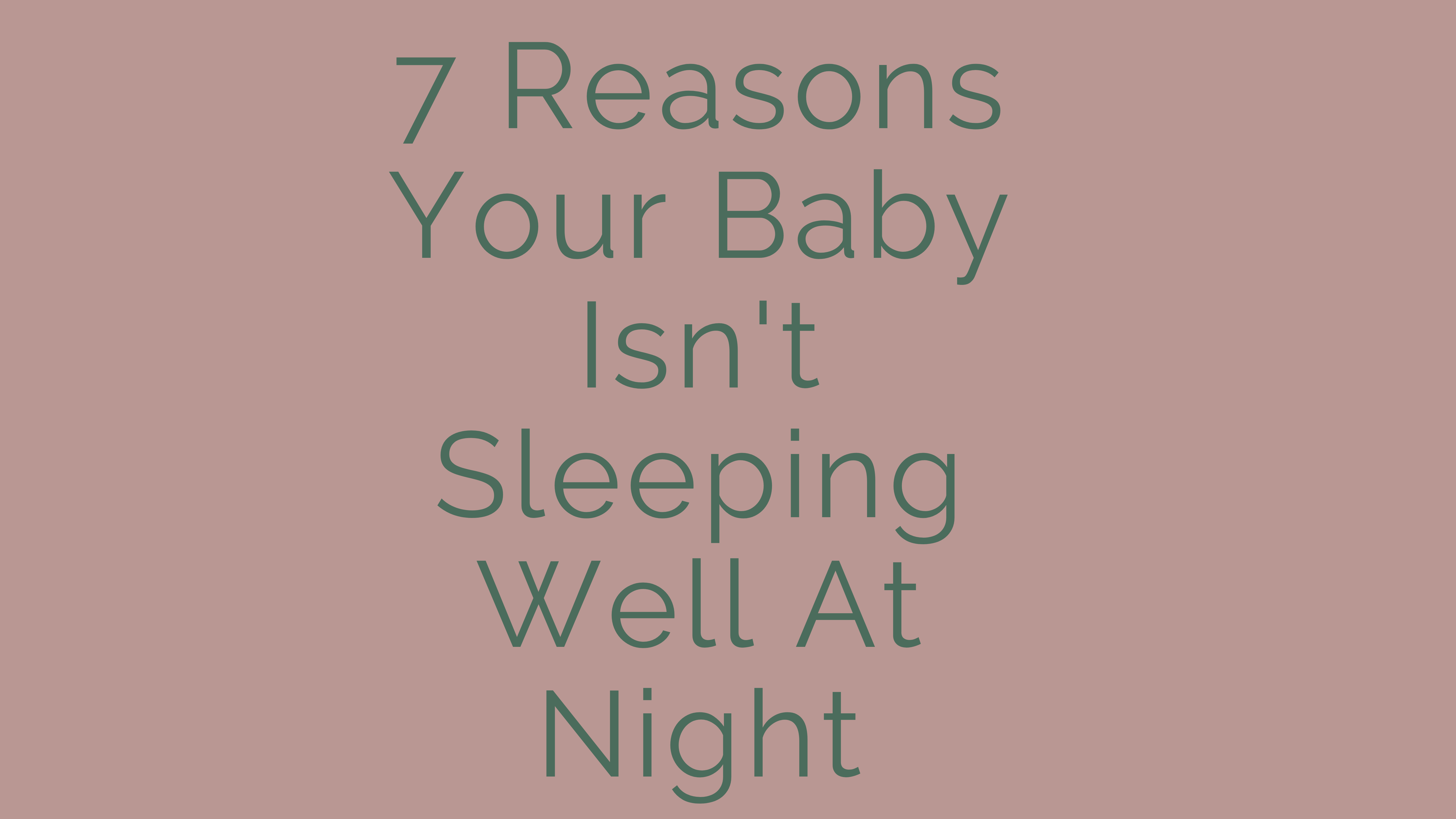
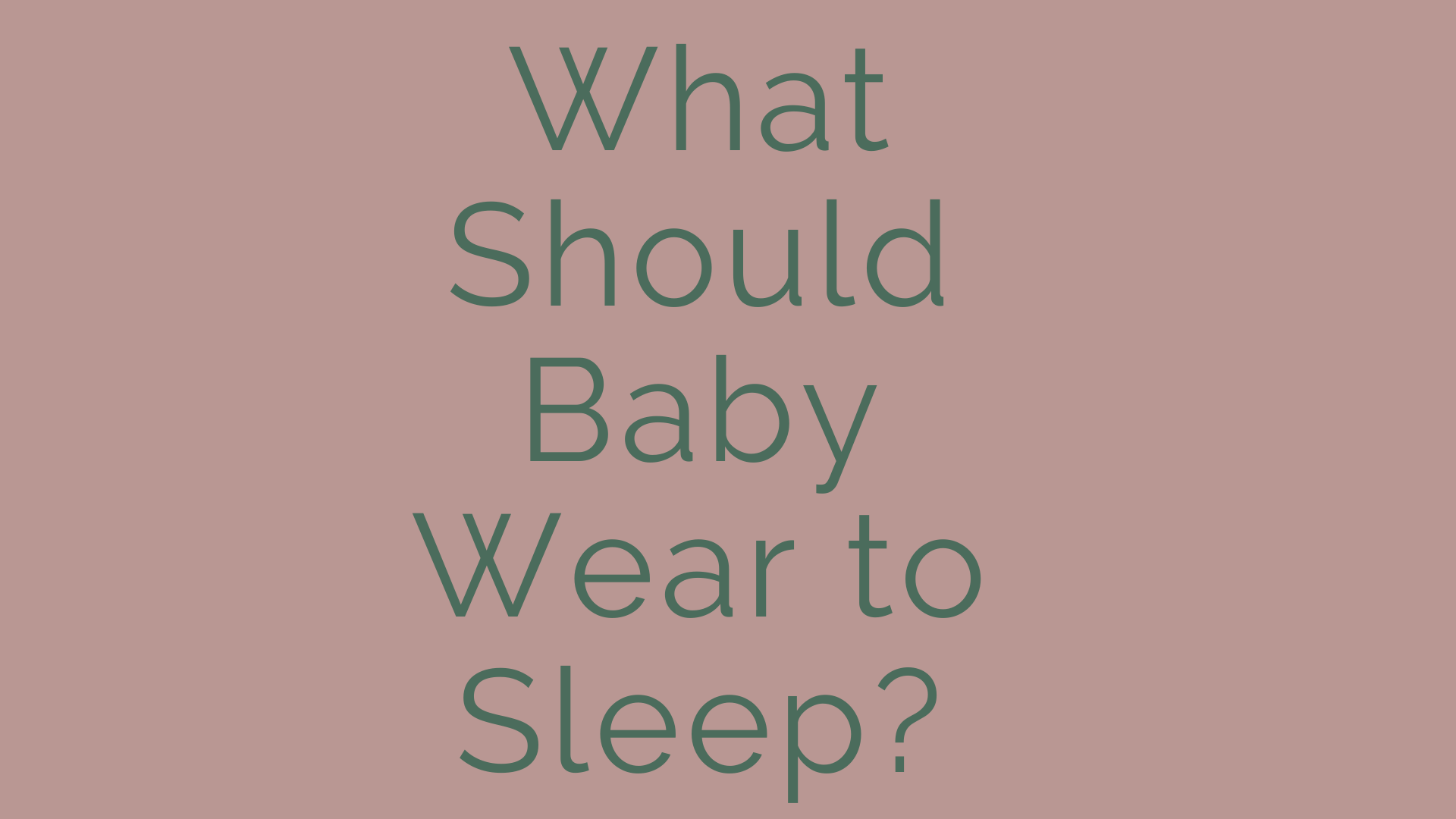
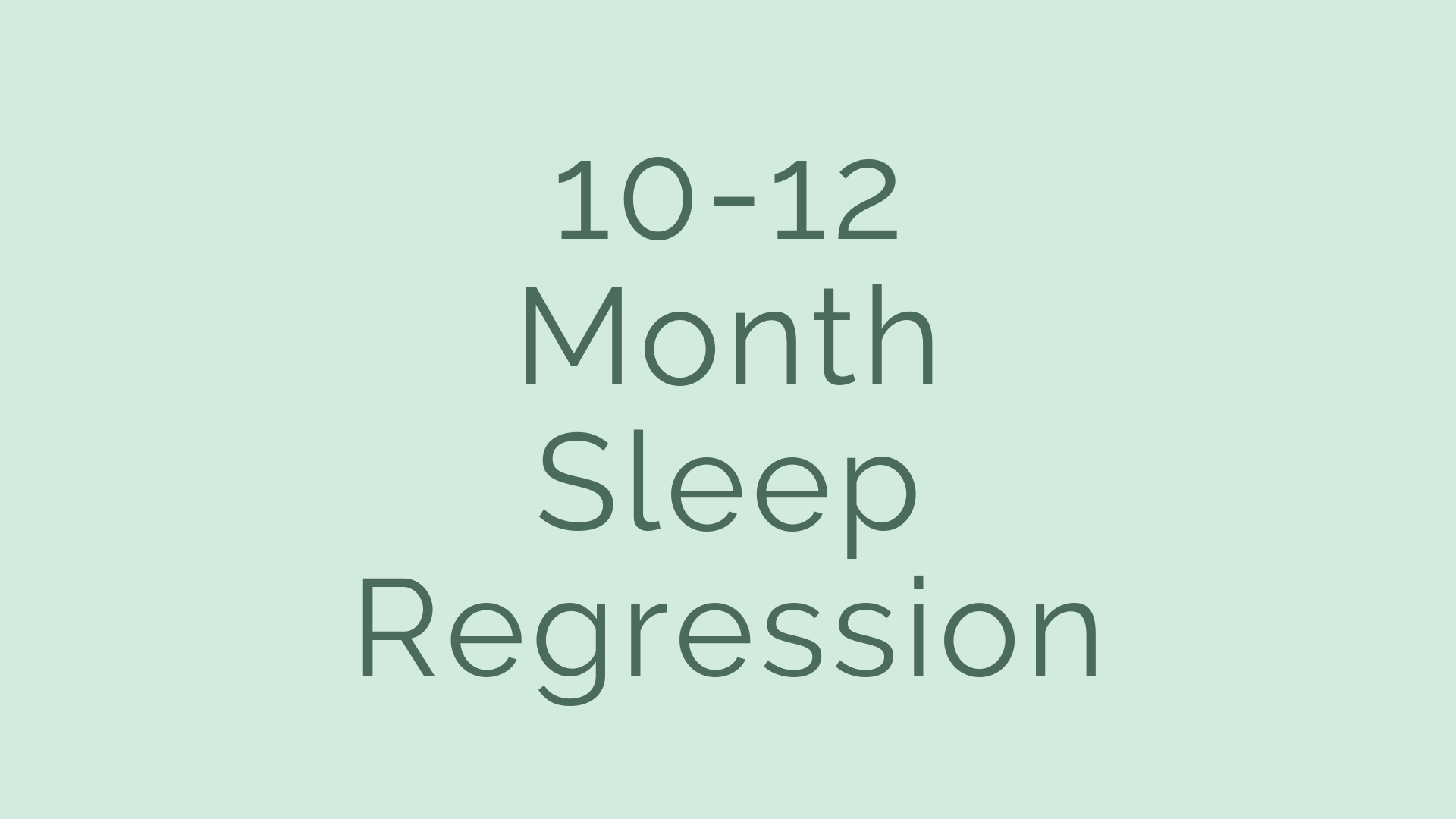
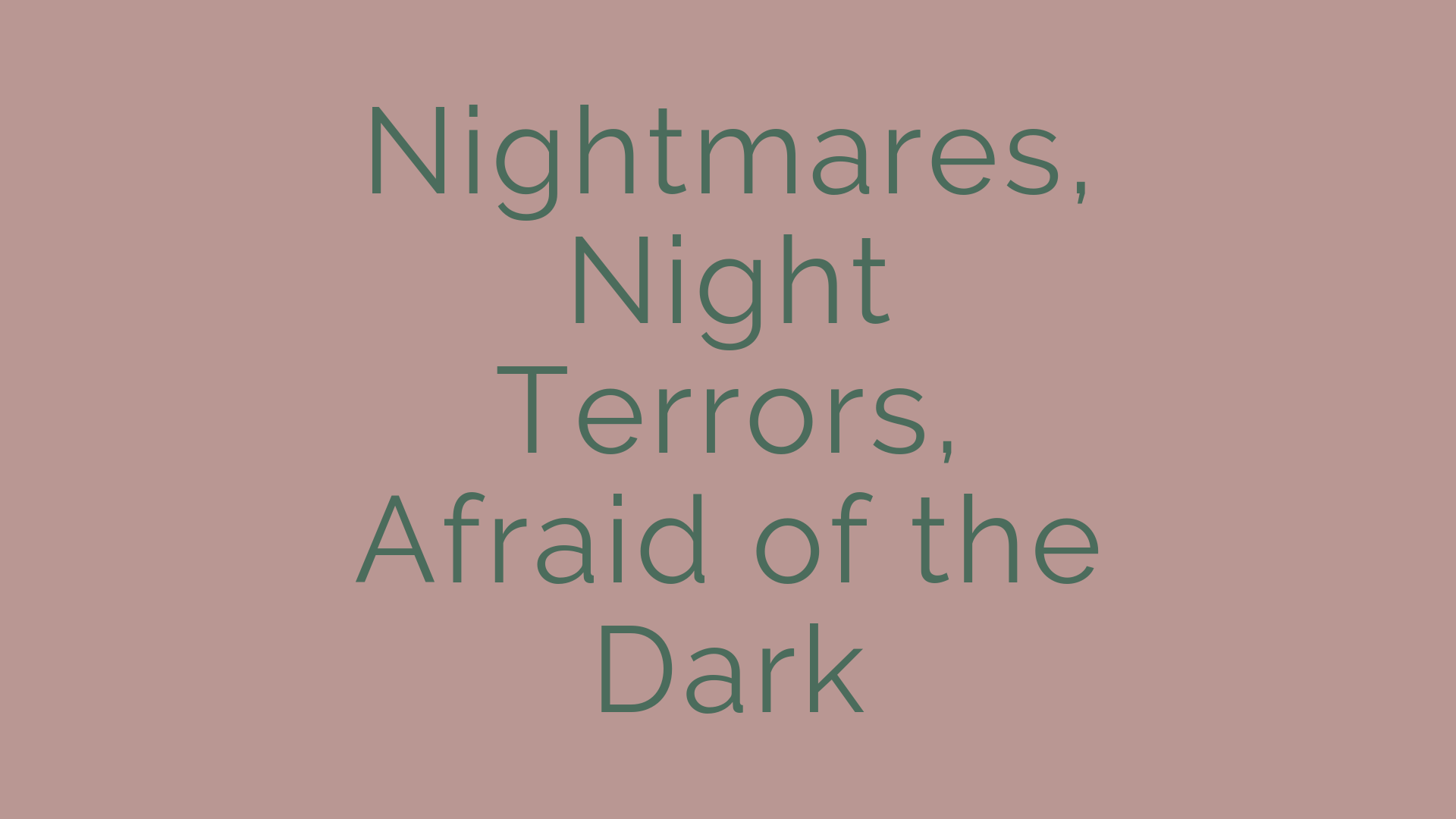
Hello, my LO is 8 months now. Its been a week and she’s still crying whenever we put her to bed. However, within 5 mins she’ll be falling asleep. My guess is because she doesnt like being alone in bed. We’ve been co sleeping since she was born up until now. Is it normal? Also, she tend to have a very short nap (30 mins) which led her to be very tired and sleepy during bed time. How to deal with it? Thanks!
Hi mama!! I would need to know a lot more about your situation (and what training method you’re using, along with how it’s being applied) in order to be able to help. Please feel free to check out the BST+Support program so that I can help you in more depth.
https://www.babysleeptrainer.com/my-program/
I came in here to read how you can prove that babies don’t feel abandoned but I did not get that information. Cortisol levels aren’t not the sole determinant of that.
Exactly, Unless you autopsying all of these “cried it out” babies to see if there’s any brain damage, you cannot prove there is no damage. It’s UNNATURAL, and it’s CRUEL to ignore your child needs. Babies need comfort not ignoring.
We’ve started sleep training with our 6 month old and when she cries in her crib it turns in to a screaming full red and blotchy faced mess, Very similar to how she gets when she has sleep terrors. It’s heartbreaking to see her scream her head off and it goes against all our instincts to leave her when she’s like this. I’ve read that any amount of crying is ok but this seems a step up from crying. is crossing this threshold of crying vs screaming something to be concerned about?
Hi Nate,
This is an excellent question to ask your pediatrician. They are most qualified to provide you with an accurate and science-based response to this particular question.
Why on Earth would you allow your poor baby to get to a point of screaming ? That is negligence pure & simple – babies NEED consistent comforting, NOT neglect. How is a baby to know how to self soothe? they they RELY on their parents for love, care, attention, comfort etc. If a parent is unwilling to provide these things for their baby and children. then they have no business being a parent!
Hi Nate, Psychologist with a specialty in neurological development here! Six months old is too young to start sleep training a baby. They have no “Place Permanence,” so she is in a state of terror believing that you have left the planet and she is going to die. Subjecting a child that young to that level of emotional and mental distress is very detrimental in the long-term as well. It trains the brain to be more reactive to stress responses. It also makes them more prone to depression, anxiety, sleep disorders, ADHD, obesity (because their body was bathed in cortisol constantly, in females especially this causes severe hormonal imbalance which leads to fat retention and other health problems attributed to stress disorders.) The list goes on. I would recommend a more controlled form of sleep training like, “camping out,” where you don’t leave the room, until after she’s fallen asleep.
I realise this is in reply to a post from 2021. However, anyone else who is having the same issue. Please heed these warnings.
I slept- trained my child and found out it works! It’s just complicated, not easy. For instance, he would wake up and cry, but I kept him in his bed and soothed him by patting and soft singing. He had acid reflux from severe allergies his first year because we didn’t know. Once we fixed that, he was sleeping through the night!
People think babies and kids know things instinctively. But they don’t. They don’t know when it is good to eat versus when they WANT to eat. They don’t WANT sleep naturally at the same time unless the habit has been established. If you leave it to the child, they will choose the fun but bad food and the awful hours to sleep because they don’t know better. Just watch your child. Watch their decisions. Good habits are disciplines, not instincts. The parent is the best trainer for what they need to know and do. Sleep training doesn’t hurt your child. Neglect does.